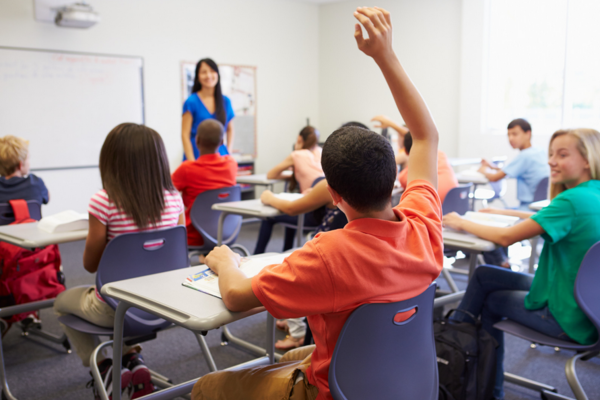UNESCO is making Comprehensive Sexuality Education Inclusive for learners with disabilities

Sexuality is a basic human reality and need. However, persons with disabilities do not have full and equal access to sexual and reproductive health services and rights, and are often excluded from sex education. This is where UNESCO has decided to take action through their current call for consultants to research and develop Comprehensive Sexuality Education (CSE) that is inclusive and accessible for persons with disabilities.
CSE is a curriculum-based process of teaching and learning about the various dimensions of sexuality, such as its cognitive, emotional, physical and social aspects. Its objective is to empower children and young people by equipping them with the necessary knowledge, values, and skills regarding sexuality, and educate them on the different facets of sexuality. In UNESCO’s CSE concept note , they state how CSE is especially important for helping young learners to:
- understand – and, in turn, protect – their overall health, well-being and dignity.
- develop respectful social and sexual relationships.
- consider how their choices effect their ow ell-being and that of others.
- understand and safeguard their possibilities and rights.
However, UNESCO’s research shows that there is a long road with many obstacles ahead, with young people with disabilities facing a variety of challenges and barriers in accessing CSE. These barriers range from the socio-cultural stigma around young people’s sexuality – which stifles the recognition of young people’s sexual needs, desires, curiosity, and identity – to the hypersexualisation of girls with intellectual disabilities and/or the perception that they do not have sexual agency or rights, which can result in them being subjected to sexual violence.
In 2022, UNESCO’s Strategy on Health and Education (HAE) emphasised the importance of making Comprehensive Sexuality Education inclusive for learners with disabilities, referencing studies made by UNESCO’s regional offices in Asia Pacific and Eastern and Southern Africa.
Both of those regional offices have conducted research to identify the challenges teachers and students face not only in the delivery of but also access to CSE, with an emphasis on the need for professional learning for providing CSE to persons with disabilities. The studies showed a necessity for deeper awareness of the issue on a global level, as well as an openness to adapt and modify CSE design and delivery to make sure sexuality education is both accessible and meaningful to learners with disabilities.
Now, UNESCO is taking further steps to ensure that CSE is inclusive and accessible for learners for disabilities. This new area of work aims to better understand the needs of both educators and learners with disabilities and build more awareness on disability rights. It also strives to create conversations between relevant stakeholders and UNESCO, and support Member States in delivering high quality disability-inclusive CSE. To do that UNESCO is recruiting a team of consultants to:
- conduct a needs assessment on disability inclusive CSE.
- organise think tank meetings with experts to develop evidence informed CSE for learners with disability.
If you would like to contribute to making CSE inclusive and accessible for learners with disabilities, you can apply for the consultancy spot by 29 October 2023 (23:59 CET).

